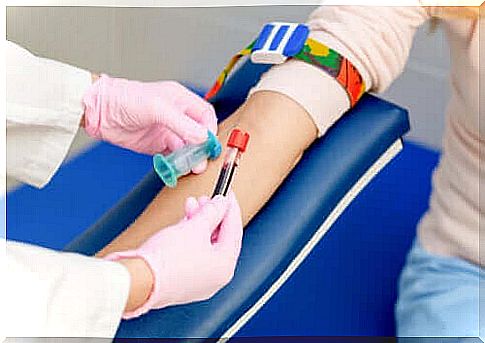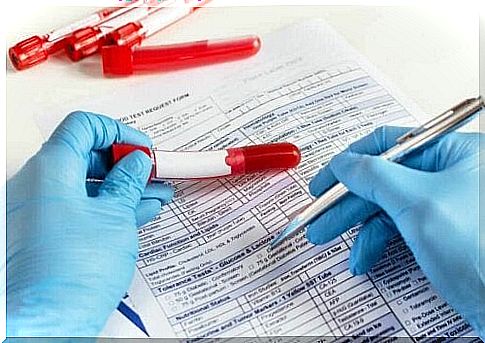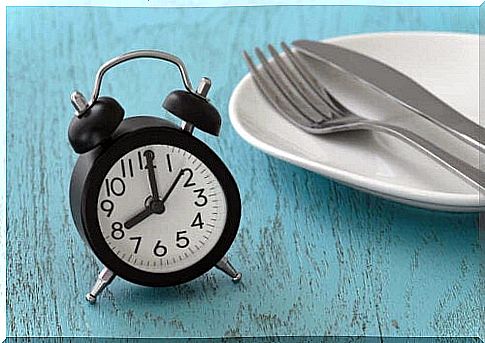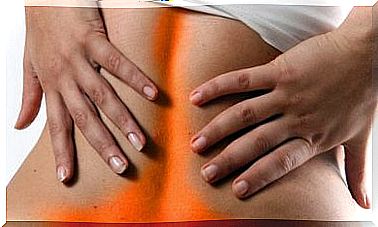Blood Sampling – Why Should You Do It On An Empty Stomach?

According to doctors and specialists, blood sampling should be performed after a fasting period of at least 8 hours. The exact time we need to wean and any additional recommendations will be discussed in the article below.
Each of us had to do a blood test at least once. The markers most frequently prescribed by doctors include: blood smear, Biernacki’s test (ESR), cholesterol, and glucose levels. In addition, many patients also need to have their hormone levels checked or vitamin deficiencies checked.
Read on and find out more!
Blood sampling – why should you do it on an empty stomach?

Blood analysis is one of the most common types of medical tests. It owes its popularity and usefulness to the speed of providing much needed information about human health in many different aspects: immune, hormonal, infectious, vitamin and mineral levels.
Blood collection is routine and basic in the case of any medical intervention. In general, patients must fast for at least eight hours prior to blood tests and, if possible, go to the blood test as early as possible in the morning.
Doctors often order specific tests to confirm or rule out a suspected diagnosis of the disease. The most frequently requested routine tests are glucose and cholesterol levels or a complete blood count with a smear.
In the following article, we will describe why patients should absolutely fast before blood tests.
In other words, you will learn why it is so important to refrain from eating or drinking any beverages other than water for at least eight hours prior to surgery. The following information will help you to obtain the most relevant results from your research.
Why is it worth having a regular blood test?
Blood tests involve taking venous blood from a patient and analyzing the sample in a laboratory for a given parameter. They allow doctors to examine many different aspects of the body to obtain information about their patients’ overall health. At the same time, information can shed light on the condition of a specific organ – kidneys, liver or thyroid.
Overall, blood tests include a complete blood count. It helps to determine the concentration of each type of cell in the blood. These include red blood cells, white blood cells, and platelets. Moreover, the exact morphology with the smear allows the shape of these cells to be observed under a microscope to ensure that they are in the correct shape.
Regular blood tests also allow you to analyze the biochemical values needed by the doctor . For example: human blood glucose, vitamins or iron. In this group of values we can also mention cholesterol, triglycerides, thyroid hormones, urea, etc. They are usually ordered by a specialist doctor.
All these parameters are essential tools for the marking and detection of certain diseases. For example, thyroid hormone values help to reveal an underactive or overactive thyroid gland. Iron and ferritin levels can help doctors diagnose anemia and the severity of the anemia.
What’s more, blood tests can help, even if you have certain types of tumors, cancers, or changes in the way your heart works. Many changes in the body can work by releasing certain chemicals that can be found in the bloodstream during a test.
Why is it important to fast before blood tests?

On the day you need to have a blood test, it is important to fast at least eight hours before the scheduled blood draw. In other words, you must not consume any kind of food or liquid (except still water) from the night before. This recommendation is due to the fact that the resulting metabolites and substances absorbed into the blood may interfere with the reading of certain parameters.
However, whether a patient needs to fast and for how long actually depends on what tests will take place. For example, if your doctor only ordered a blood count, fasting may not be necessary. However, for glucose levels, adults must fast for at least eight hours and children for at least three hours before testing.
However, it is necessary to check with the laboratory about this time or consult your doctor.
At the same time, a four-hour fast is usually sufficient for the analysis of thyroid function. For cholesterol and triglyceride levels, doctors may recommend fasting for up to 12 hours.
Another aspect to consider is the medications you are taking. Some drugs, like food, can change the values of certain parameters in the blood. Be sure to check with your doctor or your health care center for advice on whether to stop taking your medications or not.
Blood sampling – what else should you remember?
Healthcare professionals usually recommend that you take your blood test seriously. Its results can shape the future of your treatment and supplementation. First of all, you should avoid smoking and taking any intoxicants or alcohol just before blood tests.
All of these factors can have a significant impact on the levels of parameters (such as glucose and cholesterol) in the blood.
You can have a few sips of mineral water to quench your thirst. However , it is strictly forbidden to drink alcoholic, sweetened or carbonated drinks prior to blood tests. You should also avoid vigorous exercise the day before as it can alter some markers such as cholesterol and hormone levels.
If in doubt, always consult your doctor and ask for specific instructions on your specific case. As we mentioned, some patients may need a longer break from prescription medications while others may not need to take it.
Therefore, it is best to discuss this with your doctor or the laboratory that receives your blood for testing.









